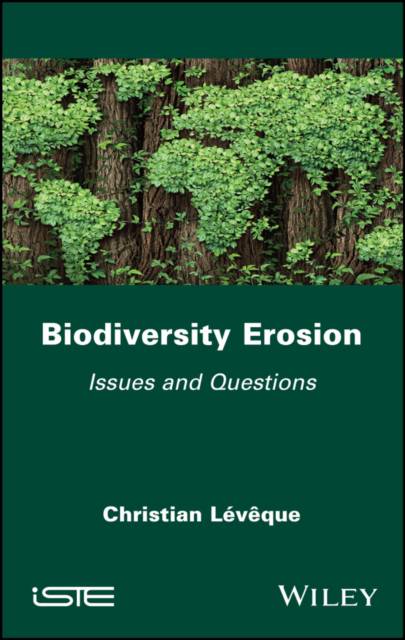
- Afhalen na 1 uur in een winkel met voorraad
- In januari gratis thuislevering in België
- Ruim aanbod met 7 miljoen producten
- Afhalen na 1 uur in een winkel met voorraad
- In januari gratis thuislevering in België
- Ruim aanbod met 7 miljoen producten
Omschrijving
The erosion of biodiversity is currently highly publicized. Militant movements accuse humans of destroying nature and being responsible for a sixth mass extinction. However, this anxiety-provoking message is sometimes based on misconceptions, false or partisan ideas, and media relays that favor and amplify alarmist information. If the situation of certain populations is worrying, it is not a general phenomenon because others are expanding. Rather than holding a globalizing discourse, it is necessary to recontextualize and relativize the debate to better define the necessary actions.
Biodiversity Erosion analyzes numerous scientific publications, as well as alarming discussions, emphasizing the multiple biases present in the way information is presented. This book questions the relevance of the notion of species and the desire to compile an inventory of all living things. It argues for a less Manichean approach to our relationship with nature.
Specificaties
Betrokkenen
- Auteur(s):
- Uitgeverij:
Inhoud
- Aantal bladzijden:
- 256
- Taal:
- Engels
Eigenschappen
- Productcode (EAN):
- 9781786307620
- Verschijningsdatum:
- 21/09/2022
- Uitvoering:
- Hardcover
- Formaat:
- Genaaid
- Afmetingen:
- 156 mm x 234 mm
- Gewicht:
- 530 g

Alleen bij Standaard Boekhandel
Beoordelingen
We publiceren alleen reviews die voldoen aan de voorwaarden voor reviews. Bekijk onze voorwaarden voor reviews.









